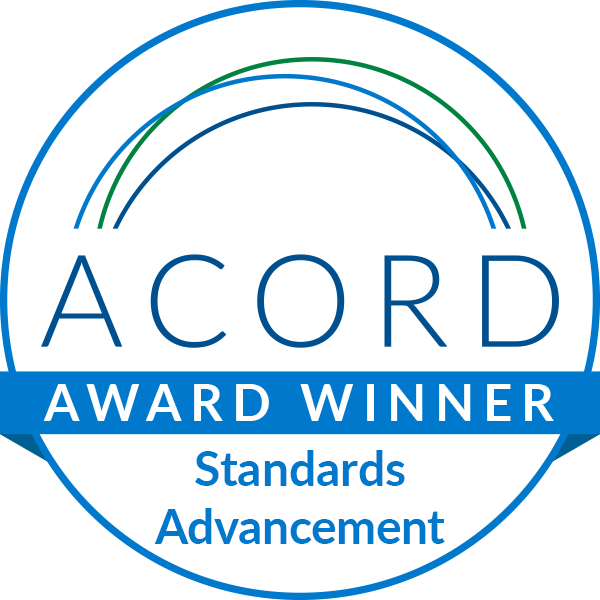The Individual Retirement Accounts ( IRA’s ) are tax-advantaged accounts that individuals can establish to accumulate funds for retirement. It is depending on the types of IRAs, contributions may be made on a pre-tax or post-tax basis and investment earnings are either tax-deferred or tax-free.

In other words, we can say that:
An individual retirement account is a tax benefitted tool through which individuals can reserve their funds for retirement savings But its major drawback is that it imposed a penalty when an individual withdraws before the age of 59 ½.
There are different types of IRAs.
- Traditional IRA
- Roth IRA
- SEP IRA
- Simple IRA
Traditional IRA:- In This type of Retirement account, a Pre-tax contribution is made by the individuals and the investment in the account becomes tax-free. If any person puts $6,000 into an IRA, so that person’s taxable income decreases by the amount of the contribution. Although, when a person withdraws money from the account during retirement, those withdrawals are taxed at their normal income tax rate. As of the year 2020, annual individual contributions to traditional IRAs cannot exceed $6,000 in most cases. If any person’s age is 50 or above, then they can contribute up to $7,000 per year.
Roth IRA:- In This type of Retirement Account if you pay tax on the money that is in your account then your withdrawals are tax-free, Roth IRAs are best if you are interested to contribute the money for the long term. In Roth IRA contribution amounts limit is the same as Traditional IRA.
SEP IRA:- Simplified Employee Pension is an individual Retirement account that is used by self-employed people These types of accounts are used by small businessmen. It is also a tax-free account and its investment option is the same as that of a traditional IRA.
Simple IRA:- It Stands for a simple incentive match plan for employees, this account is offered by the employer to the employees. This type of business plan is made for small businesses. In Simple IRA All the contributions are tax-deductible, potentially pushing the business or employee into a lower tax bracket.







Leave A Comment